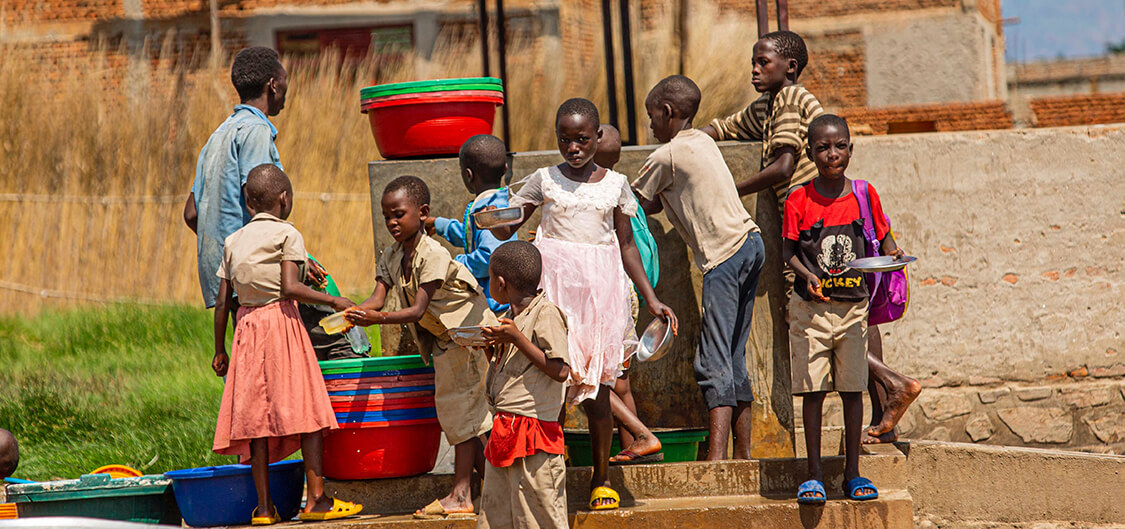
Health and well-being:
A Health is a key driver of economic productivity and well-being. Under Health and well-being, we empower children, young people and their families with knowledge and means to lead a healthy life.
Our health and well-being programs are in the areas of; Sexual and reproductive health; child and maternal health, HIV/AIDS prevention, community-based epidemic preparedness and management, substance abuse prevention, and gender-based violence among others.
Advantages
-
 Health Literacy:
Health Literacy:
Education enhances health literacy by equipping individuals with the knowledge and skills to understand health information, make informed decisions, and navigate healthcare systems effectively. This can lead to better health-seeking behaviors and improved access to healthcare services among slum residents. -
 Disease Prevention:
Disease Prevention:
Education plays a crucial role in preventing the spread of diseases in slum areas by promoting awareness of preventive measures such as vaccination, sanitation, hygiene practices, and safe water consumption. Educated individuals are more likely to adopt these practices, leading to reduced rates of infectious diseases and improved community health.
Coin of Poor help Service:
-
 Maternal and Child Health:
Maternal and Child Health:
Education of mothers in slum areas can significantly impact maternal and child health outcomes. Educated mothers are more likely to seek prenatal care, adhere to immunization schedules, practice exclusive breastfeeding, and provide better nutrition and care for their children, leading to reduced maternal and child mortality rates. -
 Mental Health Awareness:
Mental Health Awareness:
Education can help raise awareness about mental health issues and reduce stigma surrounding mental illness in slum communities. By promoting understanding and acceptance, education can encourage individuals to seek help when needed and access mental health services, leading to improved mental well-being.

